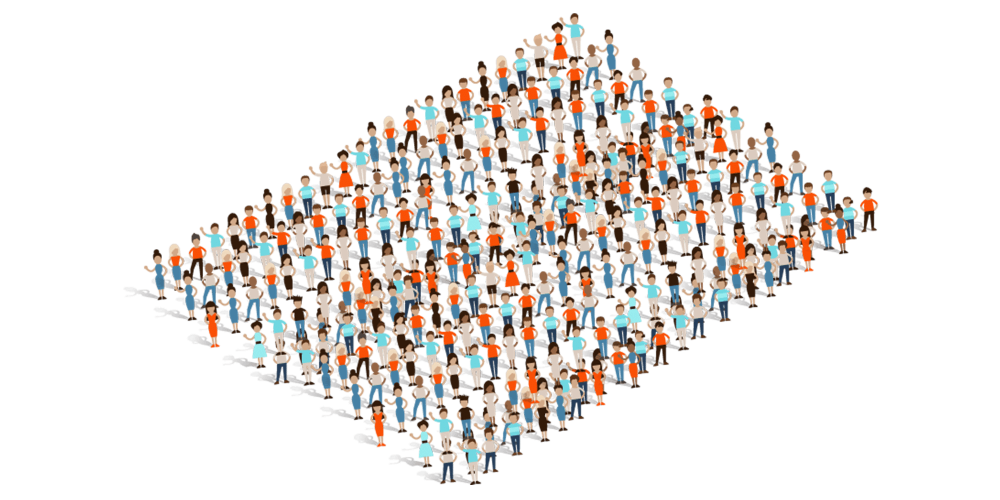In a dynamic and thought-provoking episode of “Apinions” hosted live on X (formerly Twitter Spaces), Michael Dershem, better known as “Dersh,” founder and CEO of Apierion, brought together global experts in veterinary science and biosecurity for a compelling conversation on the evolving role of animal health in shaping the future of human medicine.
This episode of Apinions, titled “Lions, Tigers, and Vets—Oh My! One Health and Data in Action,” explored the intersection of veterinary medicine, human healthcare, and emerging technologies like AI, blockchain and predictive analytics, in what’s known as the “One Health” movement. At the core of One Health is the idea that the health of people, animals, and their environments is inextricably linked.
A Global Lens on One Health
Joining Dersh were two prominent voices in the field:
- Dr. Cindy Otto, a professor at the University of Pennsylvania and the founding director of the Penn Vet Working Dog Center.
- Dr. Jenny Witthoff, a small animal veterinarian and biohazard consultant with three decades of experience, including work with the federal government on biodefense initiatives. She also teaches at Georgetown University.
The conversation kicked off with reflections on the One Health concept itself. Dr. Witthoff explained that One Health is fundamentally about how humans, animals, and the environment interact and how insights from one domain can inform another. She emphasized the potential for animals to act as sentinels of disease, revealing early warning signs of environmental toxins or emerging infections that might soon affect people.
“Animals are often exposed to environmental hazards long before humans are,” Witthoff noted, “because they’re closer to the ground, exposed to more toxicants, and their smaller size allows diseases or toxins to manifest faster.”
Bridging Gaps with Better Data
Dr. Otto expanded on this theme, citing her NIH-funded research into septic peritonitis, a life-threatening condition that occurs in both dogs and humans, as a case study in how naturally occurring diseases in animals can lead to advancements in human medicine. Yet, both Otto and Witthoff agreed that data collection remains fragmented and inconsistent.
“Even in a 15-year retrospective study on 9/11 first-responder dogs, data quality varied tremendously,” said Otto. “And that variability is still a major barrier to dynamic, predictive modeling.”
Witthoff echoed the concern, particularly from her work in biosecurity. “The lack of interoperability between systems, especially across jurisdictions, makes it difficult to track animal disease outbreaks that may foreshadow human epidemics,” she said. “There are even diseases that are legally reportable in humans but not in animals. That has to change.”
Zoonotics and Global Risk
The panel also tackled the growing concern of zoonotic diseases—infections that jump from animals to humans. COVID-19 brought this topic into the mainstream, but as Dr. Witthoff pointed out, “75% of emerging infectious diseases in humans are of animal origin.” With increased globalization, animal migration, and human encroachment on wildlife habitats, the risk of zoonotic outbreaks is rising.
“The problem cuts both ways,” said Witthoff. “It’s not just animal to human; reverse zoonosis, where humans infect animals, is also a reality. Shared health threats like influenza can mix and mutate across species.”
Can Blockchain Help?
As the conversation turned toward potential solutions, Dersh raised the possibility of using blockchain technology to track pet records, animal transportation, and health data globally.
Dr. Otto noted that even among elite working dogs, such as military and law enforcement animals, documentation is often sparse or unverifiable. “A digital, interoperable health record would be a game changer, not just for improving care, but also for understanding broader patterns of disease,” she said.
Witthoff added that policy inconsistencies across countries and even U.S. states further complicate efforts to track animal movement and health. “Everyone has their own rules and definitions. If we could standardize and digitize that through tech platforms, it would open up new possibilities for outbreak prevention and response.”
A Call for Champions
Dersh asked whether public figures or policymakers are leading the charge on One Health. Both experts agreed that while there are passionate advocates within government agencies like the CDC, FDA, and USDA, there’s no high-profile megaphone yet bringing these issues to the forefront of public awareness.
“One Health has many champions, but no celebrity,” said Otto. “We need more visibility.”
What’s Next
As the discussion wound down, both Otto and Witthoff shared their hopes for the future of One Health. Top of their wish lists: unified animal health records, greater integration between human and veterinary medicine, and a collaborative approach to managing disease threats.
Dr. Otto put it simply: “When we can care for both the human and the animal with access to complete and connected data, we can make better decisions, faster, and with better outcomes for everyone.”
For Dersh and the Apinions community, the takeaway was clear: transforming health care, both human and animal, starts with transforming how we collect, share, and act on data.
As Dersh closed the episode, he left listeners with a simple yet resonant message:
“We are focused on shifting healthcare to Humancare—and now, to all care. That’s what One Health is really about.”

